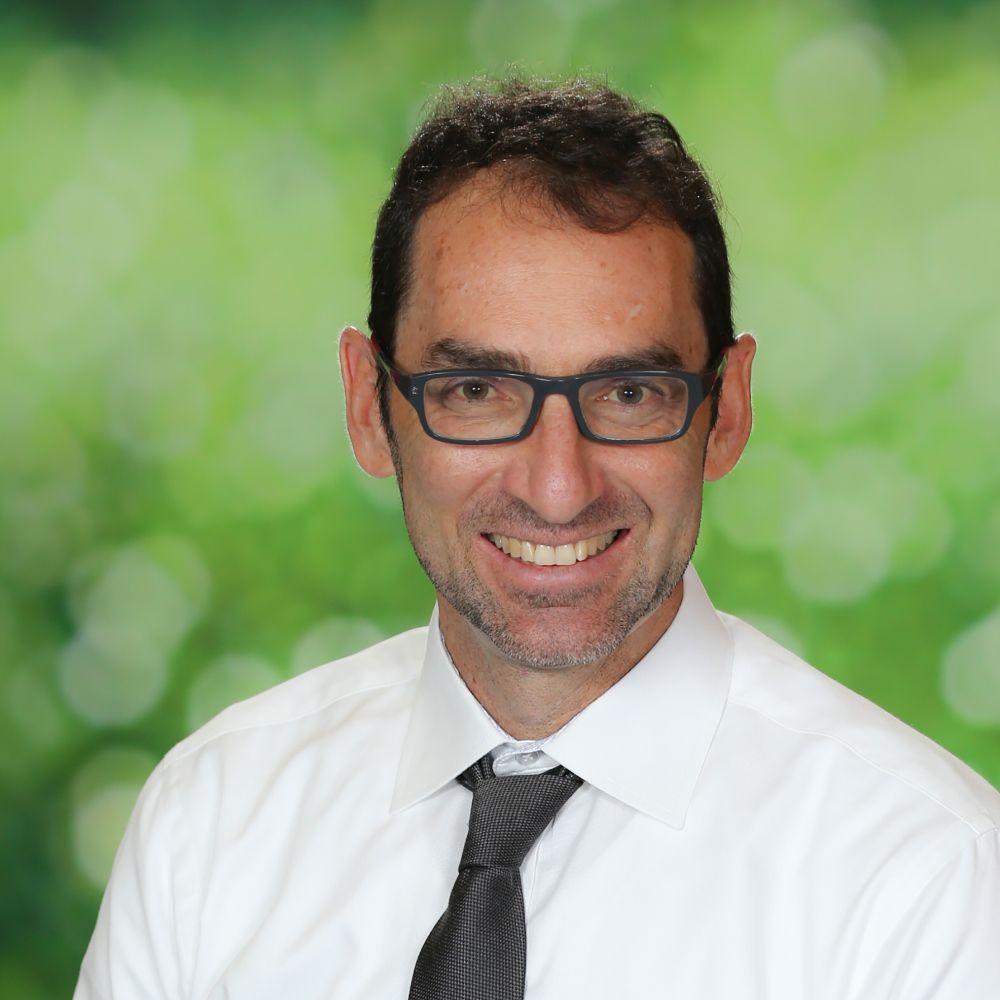Waiving grades and credits would mean my students would have a freedom the great majority of our nation’s students have never experienced before: the freedom to decide if they study at all.
Seth Biderman, Principal
Two weeks into implementing our distance learning program, I met with a small group of middle school students from the Washington, DC charter school where I’m a principal. The conversation was focused around one question, “How’s it been going?”
The group went on for a while about how much they hated being apart from their classmates but then admitted there was something about virtual school they actually loved: the freedom to set their own schedules. “When someone tells me to do something, I just don’t want to do it,” one 13-year-old explained. “But, now that I get to decide, I’m like, ok, I’ll do that now.”
What they don’t know is that there may be an even more liberating type of freedom coming their way. Like all public schools, ours is scrambling to figure out how to legally offer academic credit for our online assignments without discriminating against students who can’t access it (due to learning differences or lack of internet access, for example). If we can’t prove we’re meeting the needs of all our students, we may have to waive grades and credits for the remainder of the year.
This is huge. Waiving grades and credits would mean my students would have a freedom the great majority of our nation’s students have never experienced before: the freedom to decide if they study at all. When students ask the question we teachers hate most—“Will this be graded?”—the answer could be, “Actually, no.”
When children are allowed to explore their own passions and dreams, to study what they really want to learn, they prove to be motivated, resilient, and eager for the guidance of knowledgeable adults.
Seth Biderman, Principal
To be sure, many students like school-based learning. And, they will plug away at our packets and online lessons, regardless of whether or not a grade will be attached to it. But, millions more will not. As these long distance learning days stretch into weeks and months, even our most entertaining, meme-laced lessons will not compete with new household responsibilities and stresses, or the quarantine pleasures of Youtube, video games, and social media exchanges. When we finally open the schoolhouses again, the gap between students who stayed the course and everyone else will be wider than ever.
Unless, we pivot.
With students now free to choose whether to show up or not, our goal as teachers must not be to keep students on track, but to keep them engaged and learning meaningfully. And, when this is the goal, there’s one pedagogical tool that always works: you let the kids drive the learning.
I’ve spent the last 20 years teaching children of all ages. I’ve taught in densely and sparsely populated communities. I’ve taught children who come from low- and high-income households. I’ve visited schools throughout the United States and studied innovative models from Colombia to India to the Zapatista zones of Southern Mexico. In every setting, regardless of demographics, I have found one universal truth: when children are allowed to explore their own passions and dreams, to study what they really want to learn, they prove to be motivated, resilient, and eager for the guidance of knowledgeable adults.
Not all children love school, but all children do love to learn—when it’s on their terms.
Seth Biderman, Principal
Think of the kid shooting hoops for hours on end, another poring over self-taught drawings, or another mastering bridge-building with Legos—or one kid doing all three. Not all children love school, but all children do love to learn—when it’s on their terms.
Well, it’s on their terms now. Our classrooms are shuttered; our carefully laid plans are shot. Standardized tests have been waived, and grades are likely to follow for many. What’s left is an army of homebound adults who love working with children, and a mess of naturally curious kids who are (or about to be) bored out of their minds.
That’s all we need. If during this time of crisis we educators dare to set aside the standards and curriculum, dare to pivot away from our regularly scheduled program, and design experiences that tap into what young people tell us they want to learn, we’ll have a fighting chance to keep our nation’s children learning in empowering ways.
We can start small, like the social studies teacher at my school who is letting his students pick any topic they want for their research papers—from the Philadelphia Eagles’ 2018 Super Bowl run to the impact of K-Pop on American teens. Or we might go bolder, like the science teacher who’s planning to let her students design DIY experiments for the quarantined household. (We’re imagining titles like, “Relationship between days not cleaning my room and frequency of mother’s shouts.”)
Their projects and explorations will be places where they can see themselves, find affirmation of their interests and dreams, and feel an authentic sense of agency and freedom.
Seth Biderman, Principal
Or we can go even bolder, following the lead of schools from the Big Picture Learning network, where every student builds a year-long project based on their interests. Learning in the age of coronavirus could look like young mathematicians statistically measuring their video game performance; young authors writing their own sci-fi pandemic blogs; young musicians composing online; young engineers building scale Lego models; and young scientists chemically transforming kitchen ingredients into cupcakes.
To be sure, pivoting toward interest-based learning won’t be easy for teachers. Few of us have been trained in designing lessons that start with the child, rather than the curriculum. We’ll be challenged at every turn to build bridges between their interests and academics. We’ll have to swallow hard as we let them explore ideas that–to our adult eyes–seem impractical or silly. They’ll lead us into unfamiliar fields, ask us questions we have no idea how to answer. The learning will be messy, unpredictable, and difficult to track.
But, it will be theirs. Their projects and explorations will be places where they can see themselves, find affirmation of their interests and dreams, and feel an authentic sense of agency and freedom. In these times of fear and constraint, I can think of no better lesson to teach and to keep teaching long after this pandemic is over.

